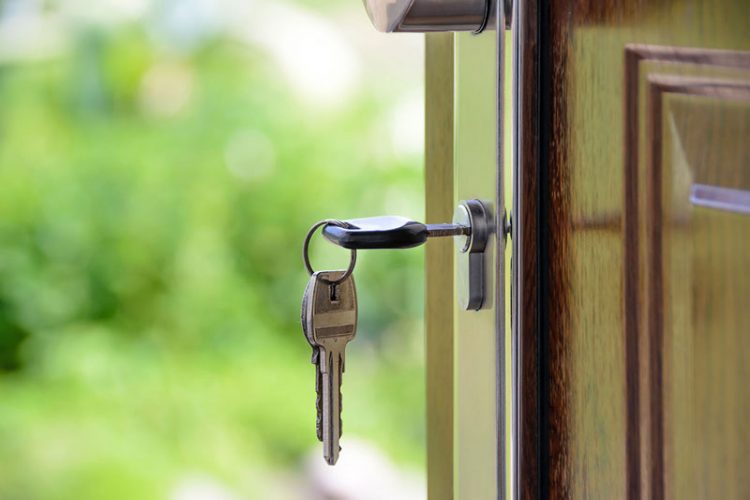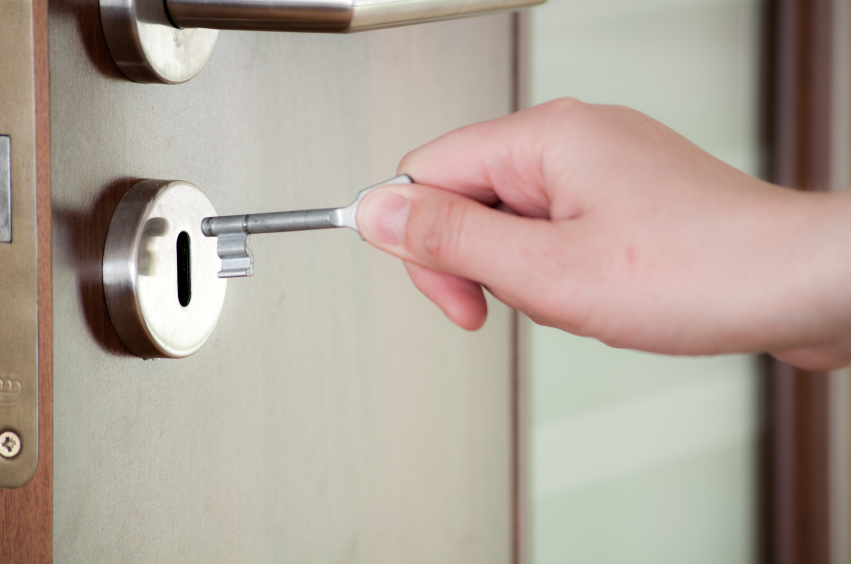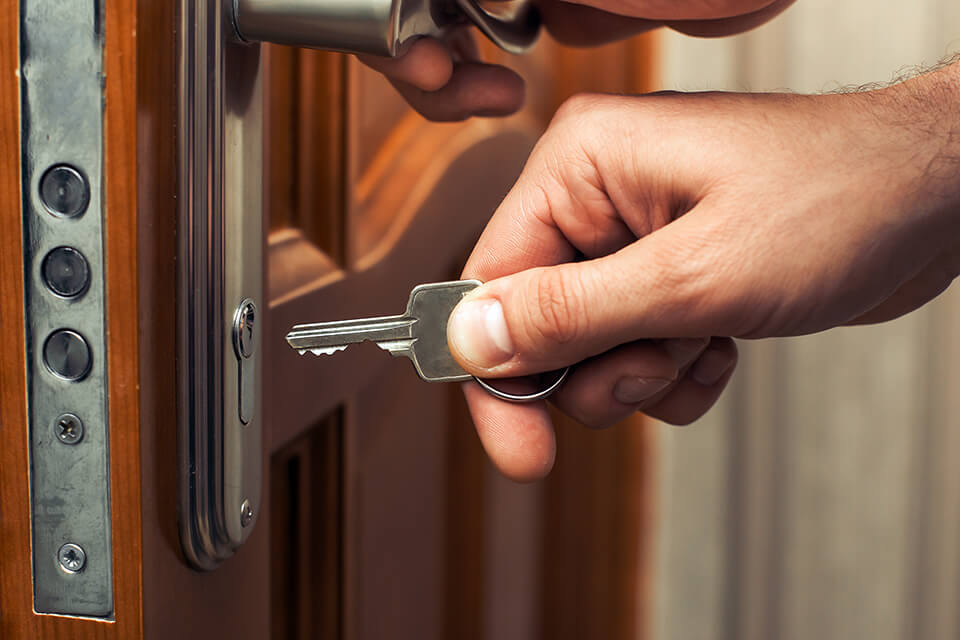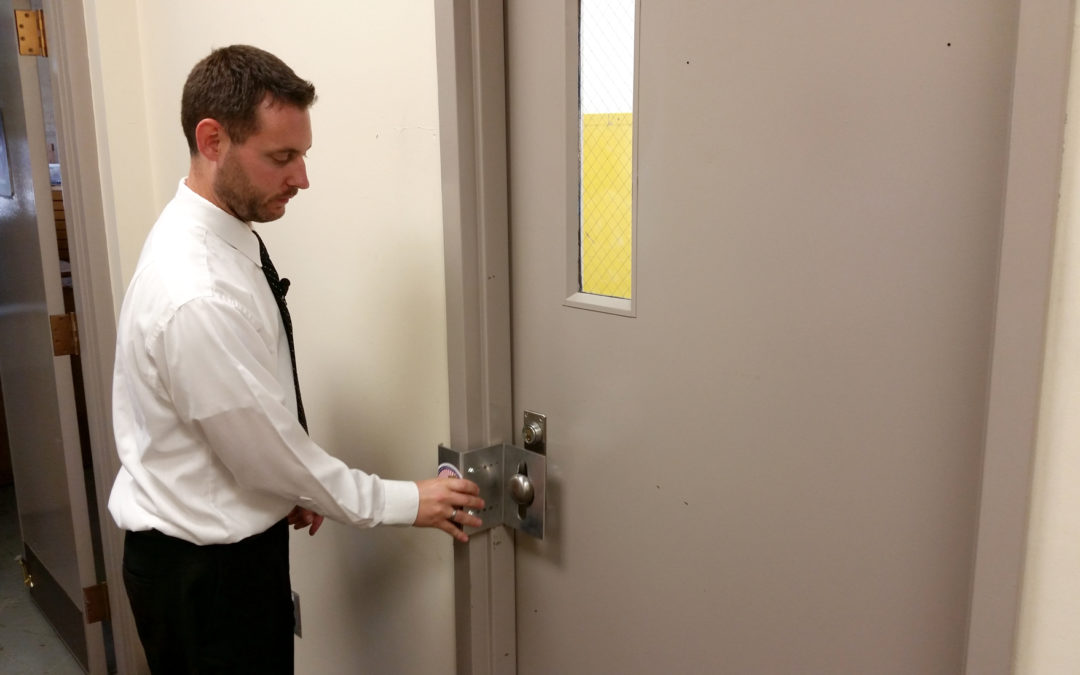Imagine this scenario: you arrive at your office ready to conquer the day, but your keys are nowhere to be found. You’re locked out. The question arises, who pays for office lockout – landlord or tenant? Understanding the responsibilities and financial implications in such situations is crucial for both landlords and tenants.
In this article, we will delve into the intricacies of office lockouts, exploring the responsibilities of both parties. We will also provide valuable insights into how to prevent such occurrences in the future.

Understanding Lease Agreements
Lease agreements are the cornerstone of any rental relationship. They outline the responsibilities and expectations of both the landlord and tenant. Typically, these agreements specify who is responsible for maintenance and repairs, including lockouts. It’s essential to thoroughly review your lease to determine your obligations.
Tenant Responsibilities
Most lease agreements place the responsibility for lockouts on the tenant. This means that if you lose your keys or accidentally lock yourself out, you may be responsible for covering the costs of a locksmith.
Landlord Responsibilities
In some cases, landlords may be responsible for lockout situations, especially if the lockout is due to a malfunctioning lock or key. It’s important to note that landlords are generally responsible for ensuring that locks are in good working order.
The Role of Locksmith Services
Locksmith services play a vital role in resolving lockout situations. They are skilled professionals who can quickly and efficiently help you regain access to your office. However, their services come at a cost.
Choosing the Right Locksmith
When choosing a locksmith, it’s essential to select a reputable and reliable professional. Look for reviews and recommendations to ensure you receive quality service. Be sure to ask about pricing and any additional fees associated with their services. For more information on choosing locks, check out this Consumer Reports guide.
Preventing Office Lockouts
Prevention is often the best solution. By taking a few proactive measures, you can significantly reduce the likelihood of experiencing an office lockout.
Key Management
Implementing a robust key management system can help prevent lockouts. Ensure that all employees have access to spare keys or a designated contact who can assist in case of a lockout.
Regular Maintenance
Regularly inspect locks and keys to ensure they are in good working order. If you notice any issues, report them to your landlord immediately. Learn more about maintaining office doors from this guide on office door maintenance.
Resolving Disputes
Disputes between landlords and tenants regarding lockout responsibilities can arise. It’s essential to address these issues calmly and professionally.
Mediation
If a dispute cannot be resolved through direct communication, consider mediation. A neutral third party can help facilitate a resolution that satisfies both parties.
Conclusion
Understanding who pays for office lockout – landlord or tenant is essential for maintaining a harmonious rental relationship. By reviewing lease agreements, implementing preventive measures, and addressing disputes professionally, both parties can navigate lockout situations effectively.

FAQ Section
Are tenants always responsible for lockouts?
Not always. While tenants are often responsible, it depends on the lease terms and whether the lockout was caused by a malfunction.
Can landlords charge tenants for locksmith fees?
Yes, if the lease specifies that tenants are responsible for lockouts, landlords can charge tenants for locksmith fees.
What should I do if I’m locked out of my office?
Contact a reputable locksmith and review your lease agreement to understand your responsibilities.
This article contains affiliate links. We may earn a commission at no extra cost to you.






